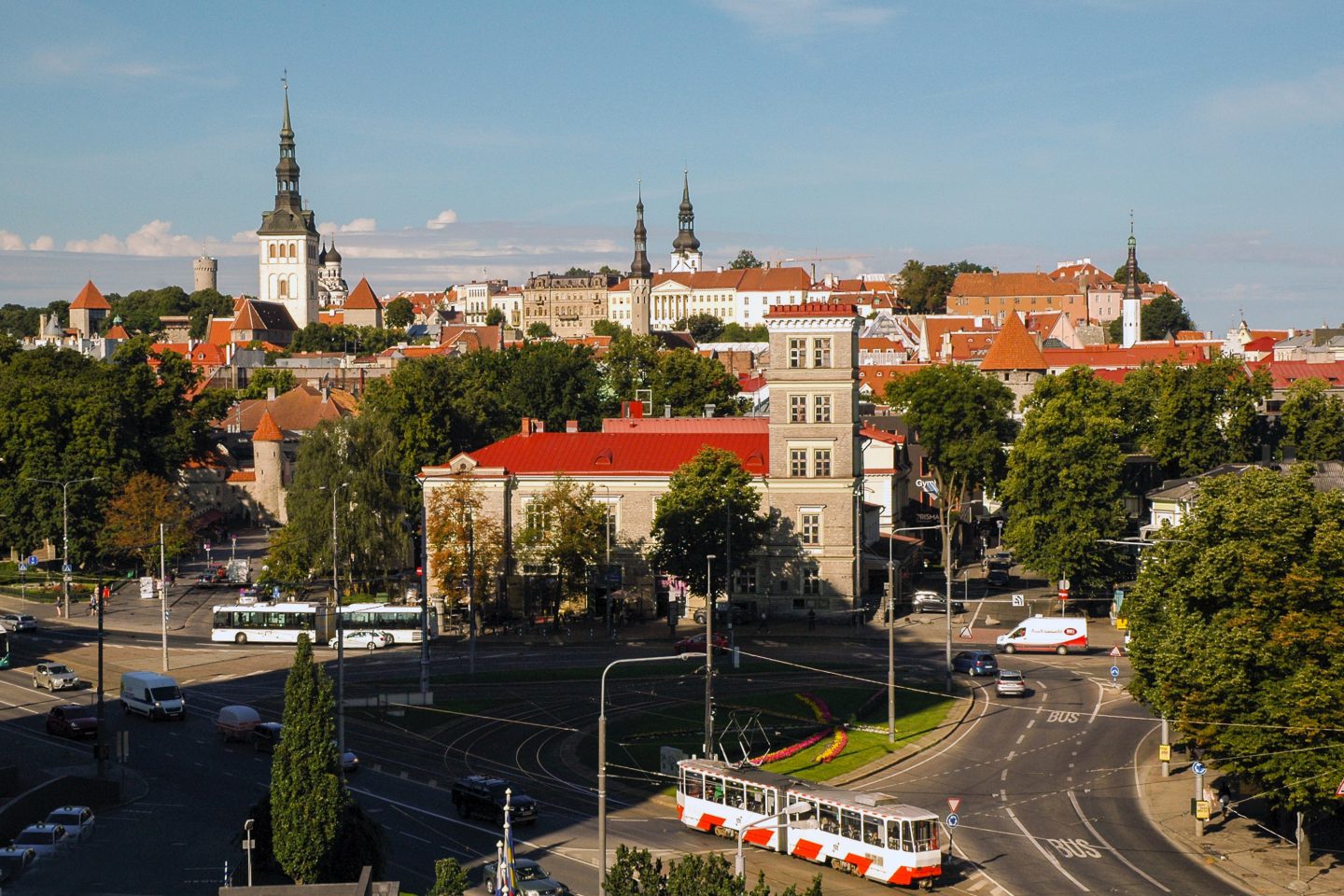
Can the world’s megacities survive the digital age?
Cities with populations of 10 million or more account for one-third to one-half of their country’s gross domestic product.

News on the latest innovations in the science and technology field.

Cities with populations of 10 million or more account for one-third to one-half of their country’s gross domestic product.

Planting bee-friendly plants seems to be the new fad in many cities around the globe. In the UK, amateur gardeners regularly try to attract such insects, while in France, farmers have offered land to help beekeepers.

In the current commercial space race, the idea of reusing rockets is gaining momentum.

We are witnessing dramatic advances in the deployment of autonomous systems, but are we designing robots that can be trusted?

Laws cannot keep pace with technological advances – but that may not be a bad thing.

Big data, analytics and predictive models will play the main role in the the next wave of e-government innovation.

Autonomous vehicles have many benefits, but they may be bad news for nature conservation.

Is organic produce better for you? Can organic farming feed the world? Those might be the wrong questions.

Some conventional vegetable farms in Canada are starting to use organic methods in their operations.

The coronavirus pandemic has been an all-around nightmare, but there are a few silver linings. One of these is a renewed focus on the environment.

Even as toddlers we’re good at inferences. Take a two-year-old that first learns to recognize a dog and a cat at home, then a horse and a sheep in a petting zoo. The kid will then also be able to tell apart a dog and a sheep, even if he can’t yet articulate their differences.

A city where cars are banned. A city where everything you need is just a walk away. A city with green spaces and playgrounds instead of car parks. These are the plans of Anne Hidalgo, Mayor of Paris, for the French capital.